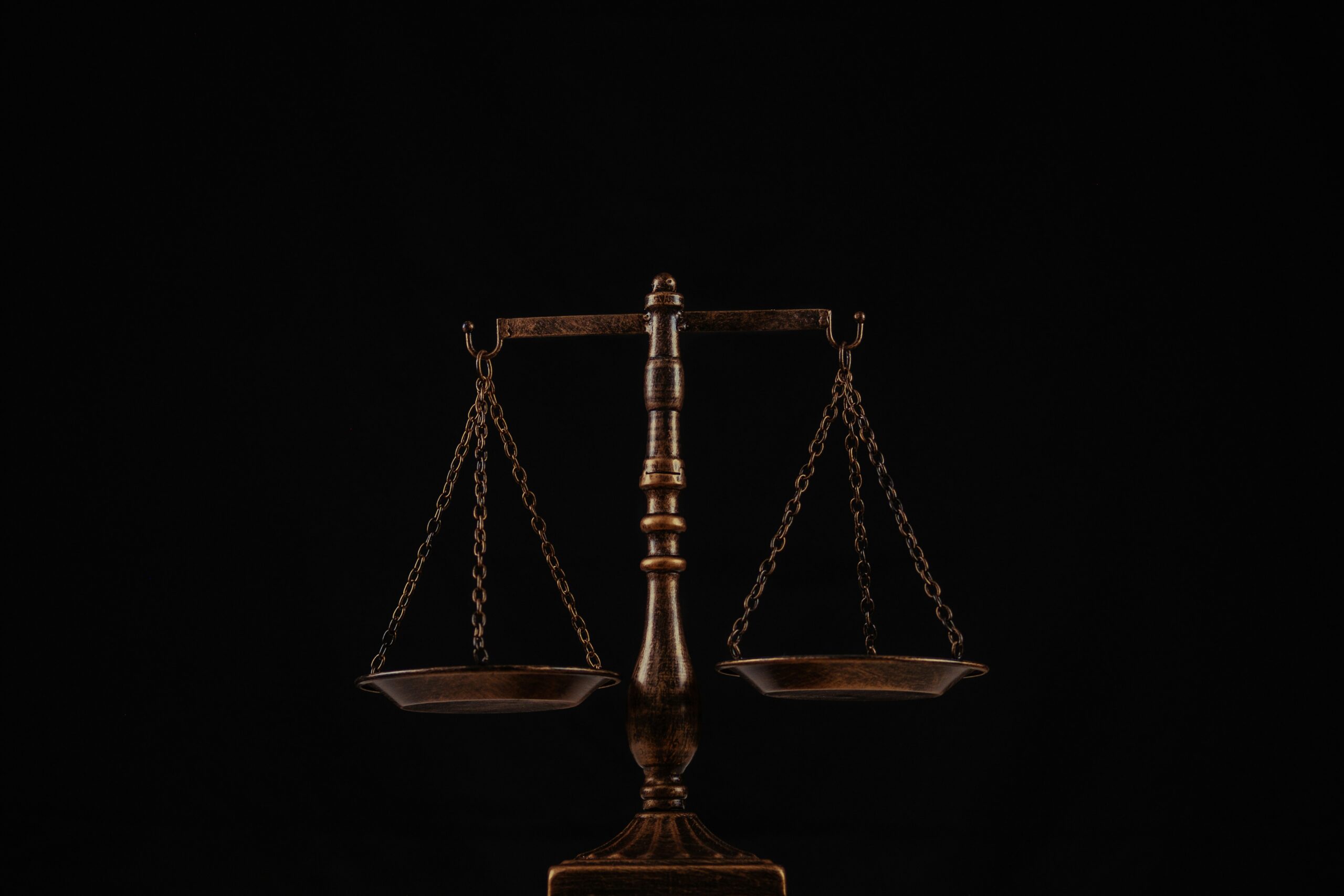
Criminal defense has always been a cornerstone of justice systems worldwide, ensuring that every accused individual has the right to a fair trial. Understanding the transformation of criminal defense from its early roots to its modern complexities sheds light on the progress made and the challenges that remain.
Early Roots of Criminal Defense
As we understand it today, criminal defense did not exist in ancient civilizations. Early societies like Mesopotamia and Egypt had legal codes, such as the Code of Hammurabi, that dictated crime punishments. These early legal frameworks did not provide a formal defense system for the accused. Instead, punishments were often harsh, and justice was swift, with little to no opportunity for individuals to plead their case or defend themselves against accusations.
However, a more structured legal defense system began to emerge in ancient Greece and Rome. Citizens could speak in their defense or hire someone to do so. In Rome, orators and advocates played a role similar to today’s defense attorneys, presenting arguments and challenging the evidence against their clients.
The Rise of Formal Legal Representation
The development of criminal defense took a significant step forward during the Middle Ages, particularly in England. Establishing common law and the growth of courts brought about the need for legal representation. However, it wasn’t until the late 17th and early 18th centuries that defendants in English courts were granted the right to have counsel in cases of serious crimes, such as treason and murder.
The right to legal defense was carried over from English common law in colonial America, but it was only sometimes applied. Many early American courts denied defendants legal counsel in criminal cases, especially for those without financial resources. It wasn’t until the adoption of the U.S. Constitution and the Bill of Rights that the right to legal representation was solidified, with the Sixth Amendment guaranteeing that “in all criminal prosecutions, the accused shall enjoy the right to have the Assistance of Counsel for his defense.”
The Expansion of Public Defense
One of the most significant milestones in the evolution of criminal defense came in the 20th century with the establishment of public defender systems. Before this development, individuals who could not afford an attorney were often left to defend themselves or rely on volunteer lawyers. The landmark U.S. Supreme Court case Gideon v. Wainwright in 1963 changed this by ruling that indigent defendants have the right to legal representation in felony cases, creating public defender offices nationwide.
Public defenders play a crucial role in ensuring that the right to legal representation is not reserved only for those who can afford private counsel. These attorneys represent the majority of criminal defendants, many of whom are from marginalized communities. While public defender systems have improved access to justice, they often need to be more funded and overburdened, creating challenges in providing adequate defense for all clients.
The Impact of Legal Reforms and Technology
Criminal defense has continued to evolve in response to legal reforms and technological advancements. Over the past few decades, changes in laws regarding evidence, sentencing, and the rights of the accused have shaped defense strategies. For example, the introduction of DNA evidence in the 1980s revolutionized criminal defense by providing a powerful tool for exonerating the innocent and challenging wrongful convictions.
Additionally, the rise of digital forensics has introduced new challenges and opportunities for defense attorneys. Evidence such as emails, social media posts, and smartphone data can now be crucial in prosecuting and defending criminal cases. Defense attorneys must stay up-to-date with technological advancements and their implications for the law to represent their clients in a rapidly changing landscape effectively.
The influence of the media on criminal defense has also become more prominent. High-profile cases are often played out in the court of public opinion, impacting jury selection and trial strategies. Defense attorneys must navigate the delicate balance between media coverage and protecting their client’s rights, often using media relations to shape the narrative in favor of their defense.
Challenges and Opportunities in Modern Criminal Defense
Despite the advances in criminal defense, significant challenges remain. Public defenders struggle with heavy caseloads, making it difficult to dedicate sufficient time and resources to each client.
However, there are also opportunities for improvement. Criminal justice reform movements are pushing for changes that address issues like mass incarceration, racial bias, and sentencing disparities. Defense attorneys are at the forefront of these efforts, advocating for fairer legal processes and the protection of constitutional rights. Efforts to expand access to legal representation and improve funding for public defender offices are also underway, providing hope for a more equitable system.
In the modern era, criminal defense attorneys play a pivotal role in upholding the principles of justice. From challenging wrongful convictions to ensuring that the accused receives a fair trial, they are essential in maintaining the integrity of the legal system. As legal practices continue to evolve, so will the role of defense attorneys in shaping the future of criminal justice.
The evolution of criminal defense reflects broader changes in society’s views on justice, fairness, and the individual’s rights. From its ancient roots in self-defense to establishing public defender systems and incorporating advanced technology, criminal defense has become a critical component of modern legal systems. Despite ongoing challenges, the field continues to adapt, ensuring that justice is accessible to all, regardless of background or resources. As new legal and technological developments emerge, criminal defense will continue to play a vital role in protecting the rights of the accused and maintaining a fair justice system.